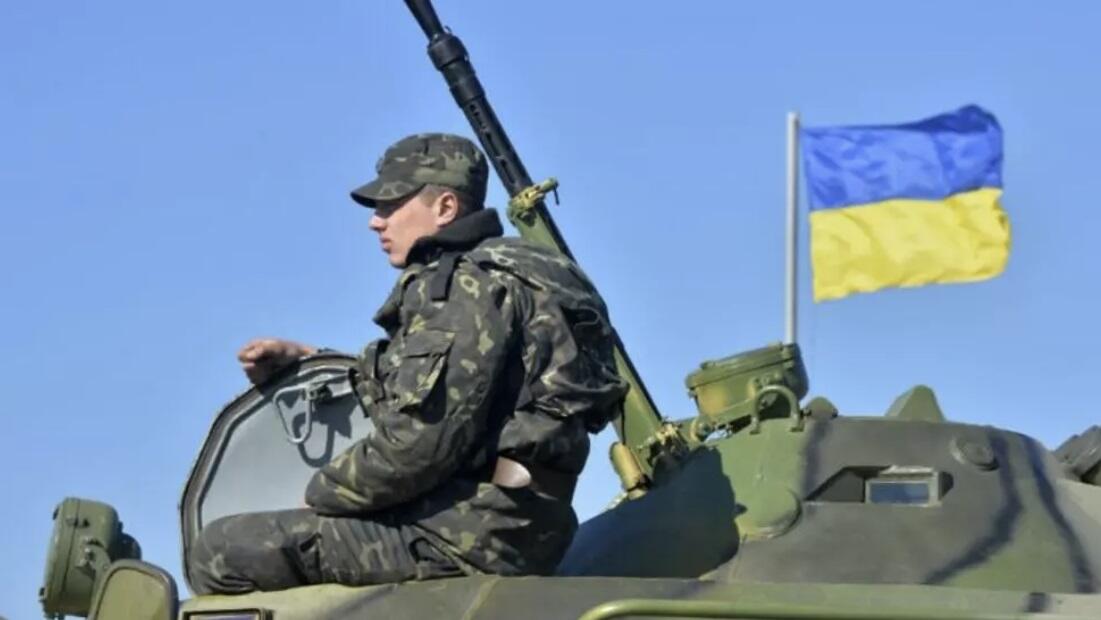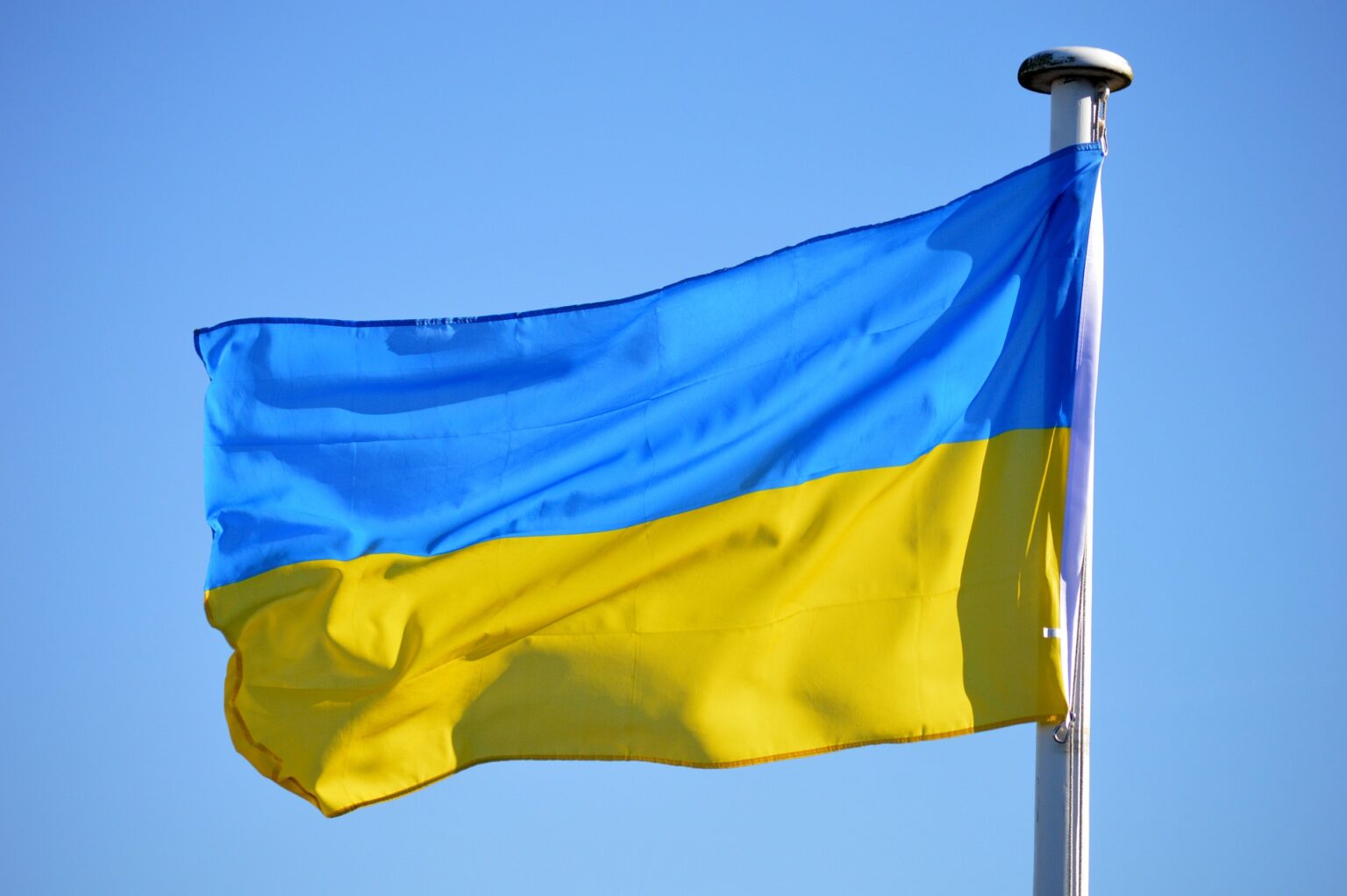Be realistic… is the new message coming from NATO allies to Zelensky. “Now, with Russia continuing to make slow gains on the battlefield and Western support for Ukraine showing signs of fatigue, Ukraine may need to come up with a more realistic plan, at least for the next year of the war, according to European diplomats,” WSJ wrote last week.

…Or to put it another way, the taxpaying Western public wants this conflict to end as fast as possible, and without sinking billions more into it, because they are sick and tired of the constant escalation and want to see peace.
Earlier this month White House National Security Council spokesman John Kirby spelled out that “Certainly a negotiated end is the most likely outcome here, but when that happens, and under what conditions and circumstances, that’s going to be up to President Zelensky.”
And yet, simultaneous to this talk of a “plan B” toward peace negotiations, the US and UK are mulling allowing Kiev to attack Russian territory with long-range weapons.
Bloomberg on Tuesday has followed WSJ’s reporting by confirming that Western diplomats are increasingly vocal on the prospect of a quicker negotiated end to the drawn out conflict.
“As part of their discussions of strategy for the next year, officials are more seriously gaming out how a negotiated end to the conflict and an off-ramp could take shape, according to people familiar with the matter who asked for anonymity to discuss private deliberations,” the report says. But the hawks are concerned this could lead to a ‘pre-mature’ ceasefire.
The report continues:
The people made clear that any decision to negotiate would be for Kyiv to make and that nobody is pressuring Volodomyr Zelenskyy into talks. Ukraine’s president has been adamant, publicly and privately, that ceding territory to Russia would be unfair, the people said. With no sign that Russia has scaled back its objectives, the prospect of real negotiations still remains distant, they said.
But as the war heads toward another winter, there’s little sign of breakthrough on the battlefield. That’s prompting some allied officials to start exploring ways in which diplomacy could break the deadlock.











